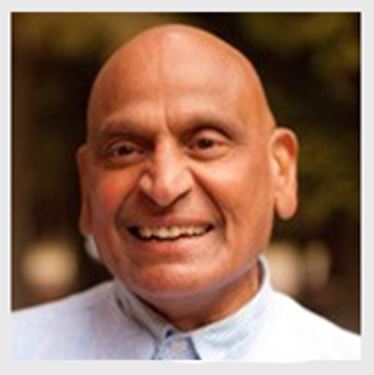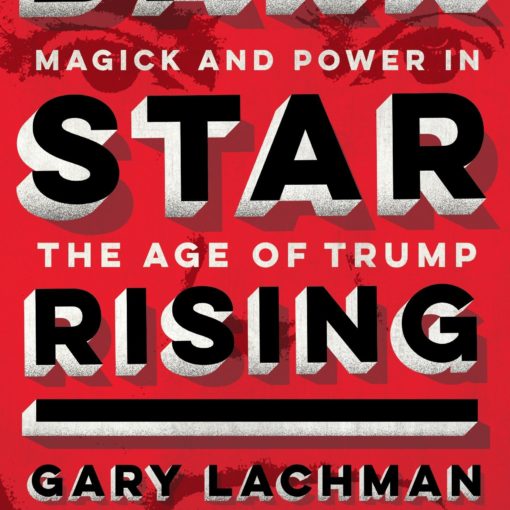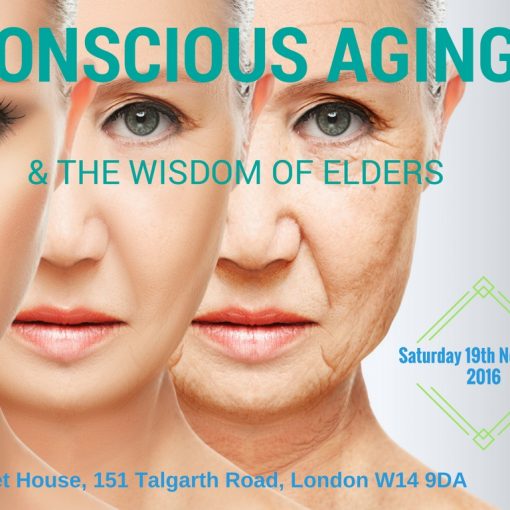Nietzsche famously declared that God was dead, and for many people this death sentence must also apply to the afterlife. But perhaps there is ‘life after death’ for the afterlife? If the afterlife has a future, however, it will be markedly different from any of the afterlives familiar to traditional religious believers. On what basis can ideas about the afterlife be developed in a way likely to make sense to an increasingly global humanity? One answer is that it will be developed on the basis of enquiries and discoveries of the kind with which parapsychology is concerned. The problem is that parapsychological data and theories seem too ‘materialist’ for many religious thinkers, and too ‘spiritual’ or ‘mystical’ for many scientists. In this talk I consider ways of squaring the circle in discussions about life after death in which science and religion have an equal stake.
Dr Peter Moore spent most of his academic career at the University of Kent at Canterbury, where from 1972 he pioneered the newly emerging subject of Religious Studies and later (with his colleague Dr Leon Schlamm) introduced a taught MA in the Study of Mysticism and Religious experience. His teaching and research interests have included methodology in the study of religion, religious art and symbolism, mysticism and religious experience, and the interface between religion and parapsychology. A recently completed book, Where Are the Dead?: Exploring the Idea of An Embodied Afterlife, is due for publication by Routledge in early 2017. He is currently working on a new book entitled Earthly Immortalities. He retired from full-time teaching in 2011.




